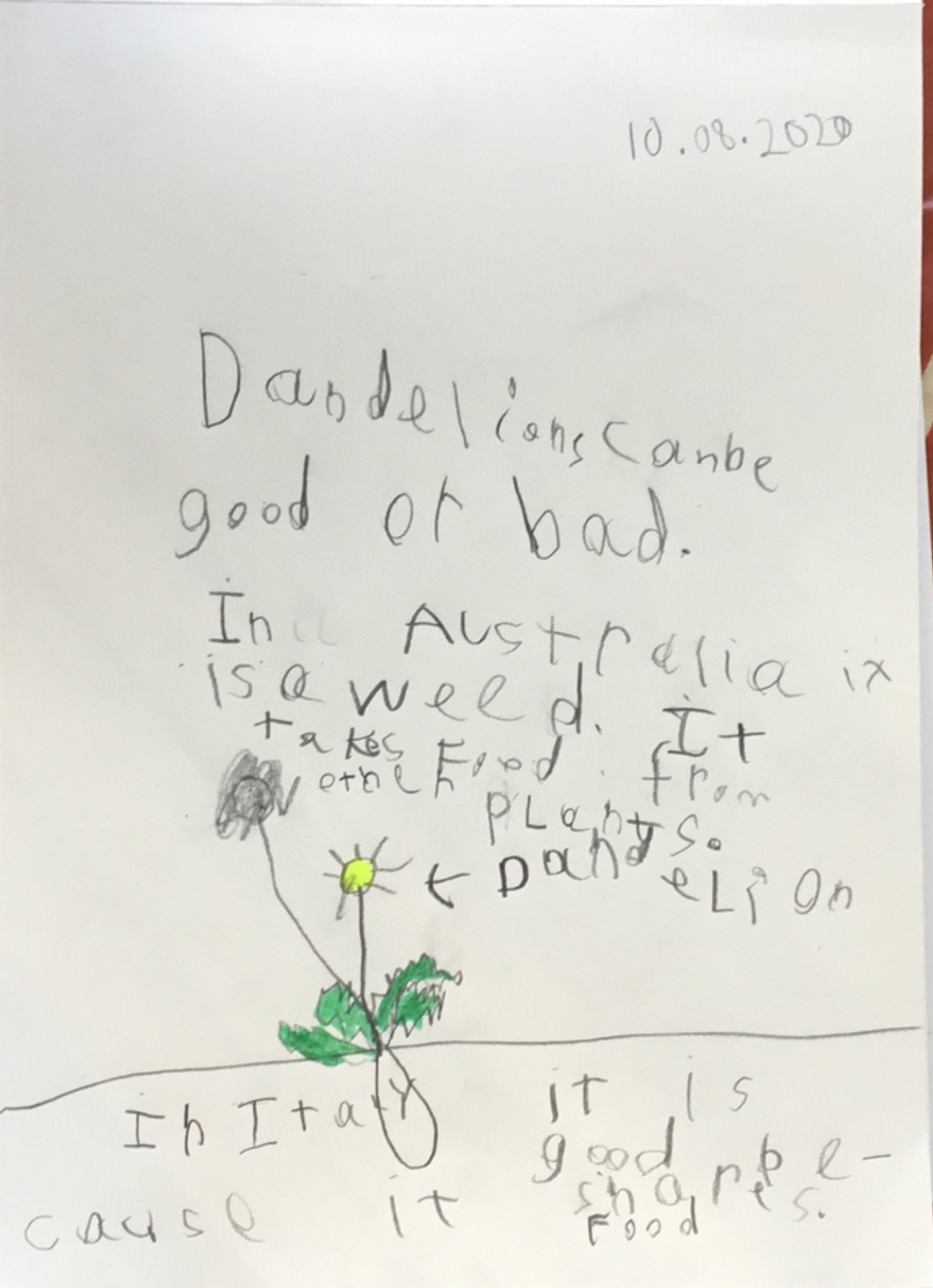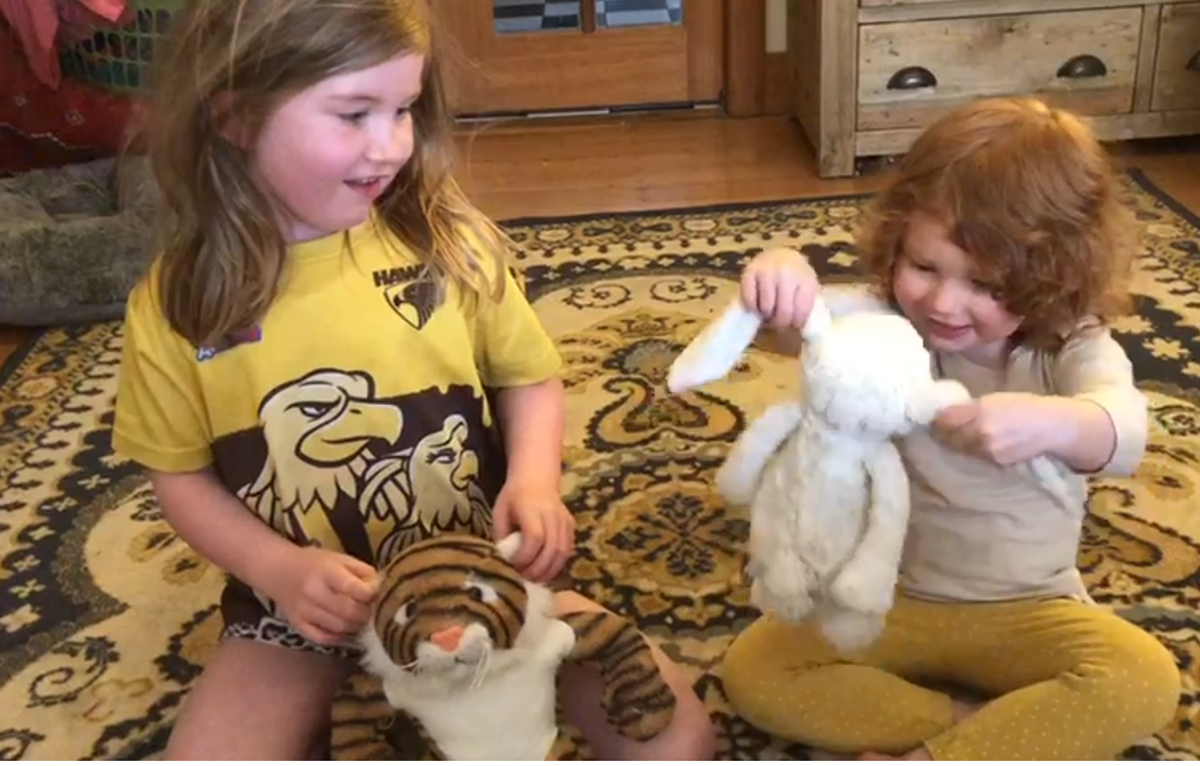Philosophy

Philosophy
What a wild term of philosophy it has been. Adjusting to the Zoom platform has been both intimidating and exciting for us all. Zoom lends itself perfectly to philosophical discussions and has useful tools to help express oneself in a multi-modal fashion. The chat function in Zoom gives children the ability to type their thoughts. This allows thoughts to be made visible simultaneously to the class. ‘Traditional’ conversations are limited as we must respect the convention of one-room, one-voice. Whilst this convention is meaningful within the physical classroom context, the 21st century has proven that these conventions need to be reimagined. The chat function has allowed for a more fluid stream of thoughts to be relayed, allowing children to more readily compare and contrast their thinking with their peers.
Moreover, the breakout room function can be utilised to foster small-group discussions in the virtual world. This feature fosters small group discussion and an opportunity for the children to lead their own philosophical discussion. Whilst we have only dipped our toe in the water with this in some of the philosophy sessions, I hope to explore this function with the children more next term.
This term, the children dived into different concepts across classes using various stimulus materials for engaging philosophical discussions. The Lighthouse and Loftroom children have explored a text in depth through different conceptual lenses.
The Lighthouse children have discussed ‘cause and effect’ in Winnie-The-Pooh whilst the Loftroom children delved into ‘beauty’ and ‘function’ in relation to the Little Prince. The use of a text has provided a familiar context from which to launch into critical discussion around these concepts.
The Sunroom children had a unit on epistemology asking: What is truth? How do we know it is truth? And how do we distinguish between ‘truth’ and ‘belief’? Real and hypothetical scenarios have been used to utilise the children’s critical and creative thinking skills in discussions that attempt to shift the original perspective that one might have on a given topic. For example, our discussions around: “Do we know the Tasmanian Tiger is extinct?” and “How do we know that dinosaurs had skin?”
Finally, the Peppercorns have explored ‘equality’ as a transdisciplinary unit in relation to their unit of inquiry: ‘We Are Equal’. We utilised the central idea and asked the philosophical question: “Are we all Equal?”. The children have rigorously unpacked the concepts of ‘equality’, ‘equal’, ‘rights’ and ‘laws’. The way in which these concepts relate is difficult to navigate and the children have been enthusiastic to explore the concepts in different philosophical discussions.
Thank you to all the families for your support in your child’s learning and for the wonderful feedback in regards to the philosophy lessons.
It pleases me greatly to hear that the conversations from the lessons are being discussed at home with all family members. Meaningful, in-depth conversations are at the core of philosophy and help children develop their critical and creative thinking skills, so please continue to promote discussions and challenge your child’s thinking. This is your opportunity to flip the childhood mantra onto them: “But why? But why? But why?”. Philosophy is boundless and creative so encourage discussion in any area, be it in the beauty of a leaf or the semantic meaning of the word “shoelace”. I look forward to seeing you all in Term 4 and wish you all the best over the well-deserved break.
Oliver Breedon
Philosophy teacher

